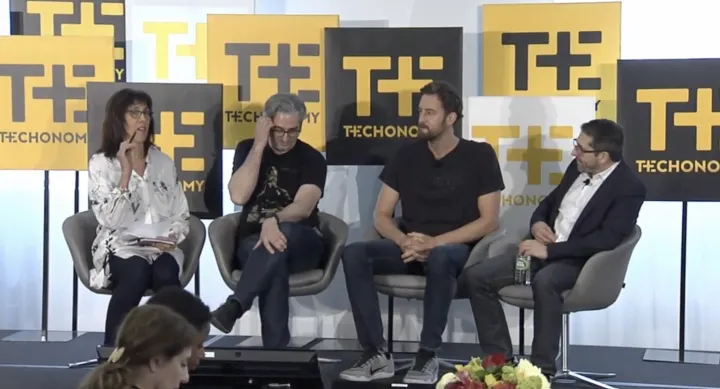
By Doreen Lorenzo, Associate Dean of the School of Design and Creative Technologies
This week, I’m moderating a panel titled “Designing Business and The Future” at the Techonomy NYC conference. Techonomy NYC explores a wide range of technology challenges, from the search for more effective corporate innovation to the specter of climate change.
My goal is to explore how companies, innovators, and the creative community are rethinking the role of design in modern business. Design is often assumed to mean aesthetics and while that is often a component, in this instance we’re referring to how human centric design principles can change the way an entire organization feels and operates.
What I love about Techonomy is that it brings together leaders from multinational corporations, start-ups, and academia in an effort to create a juxtaposition of opinions, insight, and revelations and my panelists are no different. They come from start-ups and transnational corporations and I can assure you our dialogue this week will explore many of the challenges and opportunities organizations are facing and how to be more intentional about design thinking in the workplace.
I jumped on a call with Miguel McKelvey from WeWork, Bre Pettis from Bre & Co., and Ernesto Quinteros from Johnson & Johnson to discuss some themes and ideas for our panel. While we all come from different professional backgrounds and our business opportunities all look and feel wildly diverse, one thing we all came back to and agreed upon is that we will see and experience the most success as long we prioritize and continue to remember our original purpose.
You’re probably thinking this is a no-brainer, and it is, but having led brand and product development for most of my career, I’ve seen companies pivot and shift and reconsider their original objectives over and over again often leading to their demise. In many instances customers became deprioritized and the user experiences were vastly compromised.
It’s an important reminder, professionally and personally that being inspired to create and be something is profound in and of itself. Allowing that inspiration to carry you through and remind you during every step of the process to remember and honor the original purpose will lead to more honorable success than not.
I can’t wait to share with you my learnings following the conference. Until then!

